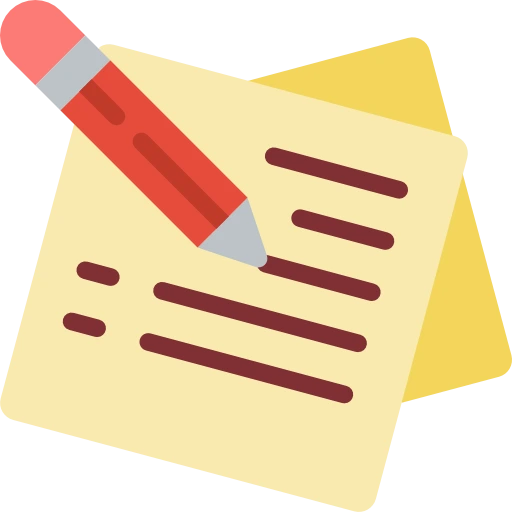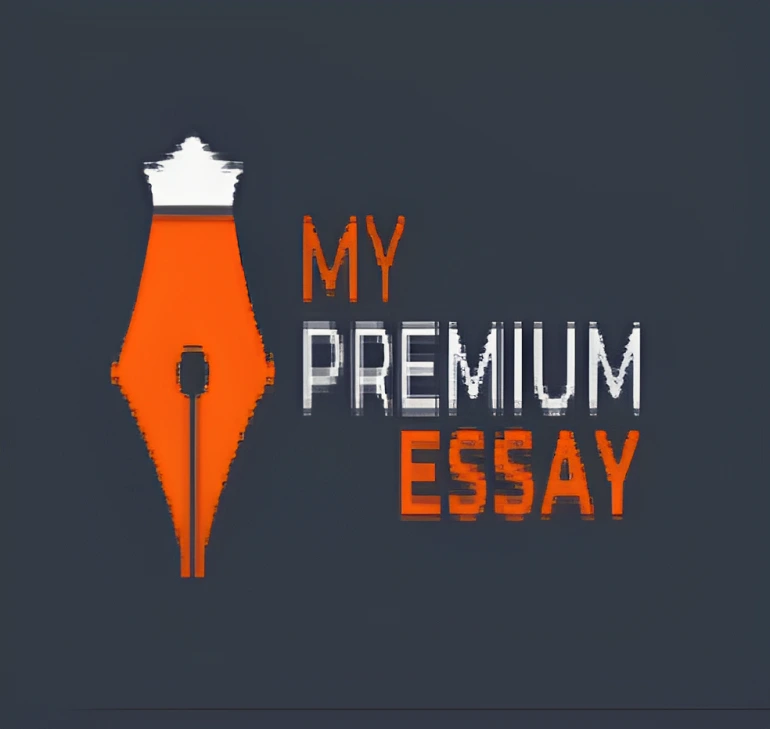In the competitive world of college admissions, your essay's opening sentence wields immense power. Imagine capturing your reader's attention with a statistic that reveals the staggering number of applications received each year. It's the allure of this initial sentence, often referred to as a "hook," that sets the stage for your entire essay.

A hook is your gateway to the reader's heart and mind, a chance to engage them emotionally or
intellectually. Whether through a thought-provoking question, a captivating story, a surprising
fact, or a vivid description, your hook's choice can define your essay's tone.
Let's learn the art of crafting good hooks for college essays and uncover the strengths of
various approaches.
Types of Effective hooks for starting a college essay
Let's explore various types of hooks, each a unique key to unlocking your reader's interest.
| Type of Hook | Description | Example |
|---|---|---|
| Anecdote | A personal story that reflects the essay's theme. | "During my first solo trip, I discovered..." |
| Rhetorical Question | A thought-provoking question related to the essay topic. | "What if the key to happiness isn't wealth?" |
| Startling Fact/Statistic | A surprising fact or statistic to grab attention. | "Over 70% of the Earth's surface is water..." |
| Vivid Description/Imagery | Descriptive language that paints a picture for the reader. | "The sunset painted the sky in shades of..." |
| Quote/Literary Reference | A relevant quote that enhances the essay's argument. | "As Shakespeare said, 'To thine own self be true...'" |
Anecdote
Anecdotes in essay writing is like seasoning in cooking - they provide flavor and uniqueness. It's approximately narrating a non-public story that resonates together with your essay's subject matter. This is not simply any tale; it is a window into your reviews, offering insights into who you are.
-
Relevance and Insight
The key is relevance. Your anecdote has to act as a microcosm of the larger narrative, reflecting the essay's middle subject. Whether it's a second of triumph, an instance of failure, or a turning point, your tale has to remove darkness from your perspective. It's no longer what passed off but how it shaped you.
-
Vivid Storytelling
The strength of an anecdote lies in its vividness. Use descriptive language to paint a photograph, making your reader feel part of the experience. It's about displaying, now, not just telling. Craft your anecdote so your reader can visualize the setting, feel the feelings, and connect with the underlying message.
Example:
"I recall the first time I noticed a homeless person. I began taking walks down the street with my mother after I noticed a man sitting on a bench with a cardboard signal that stated, 'Will work for food.' I turned into the simplest seven years vintage, but I knew that something had gone wrong. Why is this guy homeless? What may I want to do to help him?"
Rhetorical Question
Imagine starting your essay with a truth or statistic that turns heads. This method is about supplying something surprising or counterintuitive that at once captures the reader's interest. It's like starting a door to a room full of interest. For example, "Did you understand that more human beings climb Mount Everest yearly than go to some of the world's most endangered rainforests?"
-
Crafting the Perfect Question
The key to an impactful truth or statistic is its accuracy and relevance. It should be rooted in credible sources and align with your essay's subject. This is not just about stunning the reader but providing a foundation for your argument. It sets the degree for what's to come, anchoring your essay in a truth that is interesting and informative.
-
Aligning with Your Argument
A startling fact or statistic isn't just an opening announcement; it's a springboard for deeper exploration. Use it to lead your reader into the coronary heart of your essay. It needs to seamlessly transition into your argument, serving as a compelling entry point to your analysis and discussion.
Example:
"What does it mean to be a leader?"
(Learn about Differences Between Personal
Statements and College Essays)
Startling Fact or Statistic
Imagine beginning your essay with a reality or statistic that turns heads. This technique is ready to supply something surprising or counterintuitive that at once captures the reader's interest. It's like establishing a door to a room full of interest. For example, "Did that more humans climb Mount Everest yearly than go to a number of the sector's most endangered rainforests?"
-
Credibility and Relevance
The key to an impactful fact or statistic is its accuracy and relevance. It has to be rooted in credible sources and align with your essay's topic. This is more than just about stunning the reader but presenting a basis for your argument. It sets the stage for what's to come, anchoring your essay in a genuinely fascinating and informative reality.
-
A Springboard for Discussion
A startling fact or statistic isn't simply an opening statement; it is a springboard for deeper exploration. Use it to lead your reader into the coronary heart of your essay. It ought to seamlessly transition into your argument, serving as a compelling entry point for your analysis and dialogue.
Example:
"Did you know that the average American throws away over 2,000 pounds of trash every year?"
Vivid Description or Imagery
Imagine beginning your essay using a bright image, one that transports the reader right into the coronary heart of your topic. Using evocative imagery and sensory information, you can create an immersive ecosystem that captivates from the first sentence. Picture describing a bustling marketplace scene or the serene calm of a sunrise. This technique is about making your reader see, pay attention, experience, or even smell the topic or concept you're discussing.
-
Engaging the Senses
The magic of brilliant description lies in its capacity to interact with the reader's senses. Describe the attractions, sounds, textures, and aromas in such elements that the reader feels they're a part of the scene. For example, "The sun dipped beneath the horizon, painting the sky in colors of fiery orange and calming lavender, as the remote murmur of the ocean serenaded the nighttime.
-
Relevance and Context
While it's crucial to be descriptive, make sure that your imagery at once relates to your essay's topic. The goal is to beautify the reader's understanding and set the context for your argument. It's now not just about growing a stunning picture; it's about the usage of that picture to deepen the reader's comprehension of your subject.
Example:
"The wind whipped through my hair as I stood on the brink of the cliff, searching out on the enormous expanse of the sea. The waves crashed in opposition to the rocks under, developing a symphony of sound that stuffed the air."
Quote or Literary Reference
Begin your essay with a quote or literary reference, and you open a window to information. A well-chosen quote can resonate deeply with your essay's topic, supplying a glimpse into the depth of your argument. It's like communing with terrific minds, bringing their insights into your narrative.
-
Selecting the Perfect Quote
The key is in the selection. Opt for quotes from respected sources that align with and enhance your essay's argument. It's not just about being catchy; it's about adding substance. For instance, using a line from Shakespeare to discuss human nature or a poignant observation from a renowned philosopher to frame a moral dilemma.
-
Connecting to Your Theme
Once you've selected your quote, explain its significance and how it ties into the larger fabric of your essay. It's a bridge between the reader's curiosity and your argument, enriching the context and setting the stage for your narrative.
Example:
"As Martin Luther King Jr. once said, 'The time is always right to do what is right."
You can also read about How to Conclude College Essay.
Essential Strategies For Crafting Compelling Hooks
Creating a powerful hook in your college essay puts stability between enticing your reader and placing the tone in your narrative. Here are some essential techniques to consider:
Brevity and Conciseness
-
Aim for a punchy, concise establishment.
-
Avoid overly complex sentences; clarity is king.
-
Remember, a powerful hook is like a spark - short and brilliant.

Ready to make a lasting impression?
Let our skilled writers create captivating hooks for your
college essays. Transform your admissions journey
with our essay services today!
Uniqueness and Originality
-
Steer far away from tired phrases and clichés.
-
Your hook should be as precise as your fingerprint.
-
Think outside the box to mirror your excellent attitude.
Relevance to Essay Topic
-
Align your hook with the essay's vital theme.
-
It needs to not only seize attention but also seamlessly lead into your important argument.
-
Think of it as a preview of what's to come back.
Strong Voice and Tone
-
Let your hook echo your voice and style.
-
Whether witty, serious, or contemplative, it must resonate along with your essay's typical temper.
-
Your hook is your first effect - make it depend.
| Element | Description | Key Tip |
|---|---|---|
| Brevity & Conciseness | Short and impactful openings. | "Keep it short, keep it sharp." |
| Uniqueness & Originality | Avoid clichés and showcase originality. | "Be different, be memorable." |
| Relevance to Topic | Directly ties to the essay's subject. | "Make it relevant, make it resonate." |
| A strong Voice and tone | Reflect your personality and set the essay’s emotional tone. | "Your tone sets the stage." |
Are You Struggling With Your College Essay?
So, a compelling hook is the heartbeat of a memorable college essay. It's your first step in captivating the reader and setting the stage for an impactful narrative.
If you're looking for more inspiration or assistance, you can Buy College essays online at MyPremiumEssay. We offer a wealth of resources and expert guidance to help you excel.




